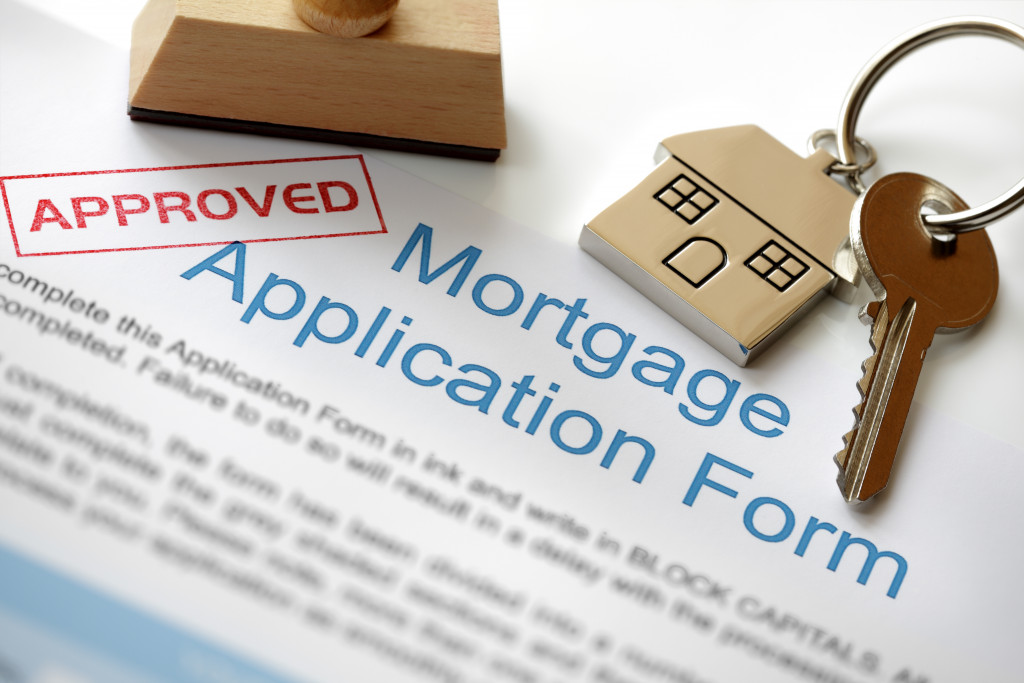Home prices have increased by 6.6 percent compared to last year. The increase comes as sales of new single-family houses have increased by 10.7 percent. The situation shows that people are still interested in buying homes.
It’s said that buying a home is one of the most significant decisions a person will make in their lifetime. And for most people, it’s also one of the most costly. That’s why it’s crucial to avoid making mistakes when purchasing a house. Here are several mistakes to avoid when buying a home:
Not Getting Preapproved for a Mortgage
A preapproved mortgage is essential when you’re looking for a house to buy. This will ensure that you can buy the home you want and that you’re not wasting your time looking at houses you can’t afford.
Getting a preapproved mortgage also puts you in a stronger negotiating position when you find the house you want. The seller will know you’re a serious buyer and have the financing to buy their home.
You are putting yourself in a good position when getting a preapproved mortgage. You are ensuring that you will be able to purchase the home you want and show the seller that you are serious about buying their home. This could give you an advantage when negotiating the price of the house.
You should work with a reliable mortgage lender, such as Supreme Lending, to ensure you get the best rates in the market. These lenders also offer a range of loan programs that meet your requirements.
Not Understanding the Total Cost of Homeownership
When buying a house, it’s important to understand the total cost of homeownership. This includes the cost of the mortgage, the property taxes, the homeowner’s insurance, and any repairs or maintenance that may be required.
By understanding the total cost of homeownership, you can budget for these expenses and ensure that you can make the monthly payments. This will help you avoid any financial difficulties down the road.
It’s also important to remember that the cost of homeownership can change over time. For example, if you get a new job or have a baby, your income may change, and you may need to adjust your budget accordingly.

Failing to Negotiate
You should negotiate the price if you’re in the market for a house. By negotiating, you may be able to get the seller to lower the price of the home.
There are several benefits of negotiating when buying a home:
- You may be able to get the seller to lower the price of the house.
- You can avoid overpaying for the home.
- You can get the seller to cover some of the closing costs.
- You can get the seller to repair or do other work on the house before you move in.
If you’re not comfortable negotiating, you can hire a real estate agent to do it for you. An experienced agent will be able to get you the best possible price for your new home.
Not Getting a Home Inspection
A home inspection is important if you’re planning to buy a house. This will ensure that the house is in good condition and that no major repairs need to be done. You can avoid any costly repairs down the road by getting a home inspection. You can also negotiate the price of the home if any repairs need to be made.
A home inspection is particularly crucial if you’re buying an older home. Older homes may need repairs, and a home inspection will give you an idea about the cost of these repairs.
There are a few things to consider when getting a home inspection:
- The cost of the inspection
- The qualifications of the inspector
- What is included in the inspection
- The length of the inspection
Ensure you are comfortable with the inspector and understand what is included in the inspection before hiring them.
Failing to Consider Your Future Plans
Before you buy a house, you should consider your future plans. This includes your plans for starting a family, retirement, and other significant life changes.
By considering your future plans, you can ensure that you’re buying a house that will meet your needs down the road. You may need to buy a bigger house if you’re planning on starting a family, or you may want to buy a smaller home if you’re planning to retire.
You should also consider your future plans when deciding how much to spend on a house. If you’re planning on starting a family, you may need to spend more on the house to have enough space for your family. On the other hand, if you’re planning to retire, you may want to spend less on the place to save for retirement.
Buying a house is a big decision. Be sure to avoid making any mistakes to be happy with your buy.

